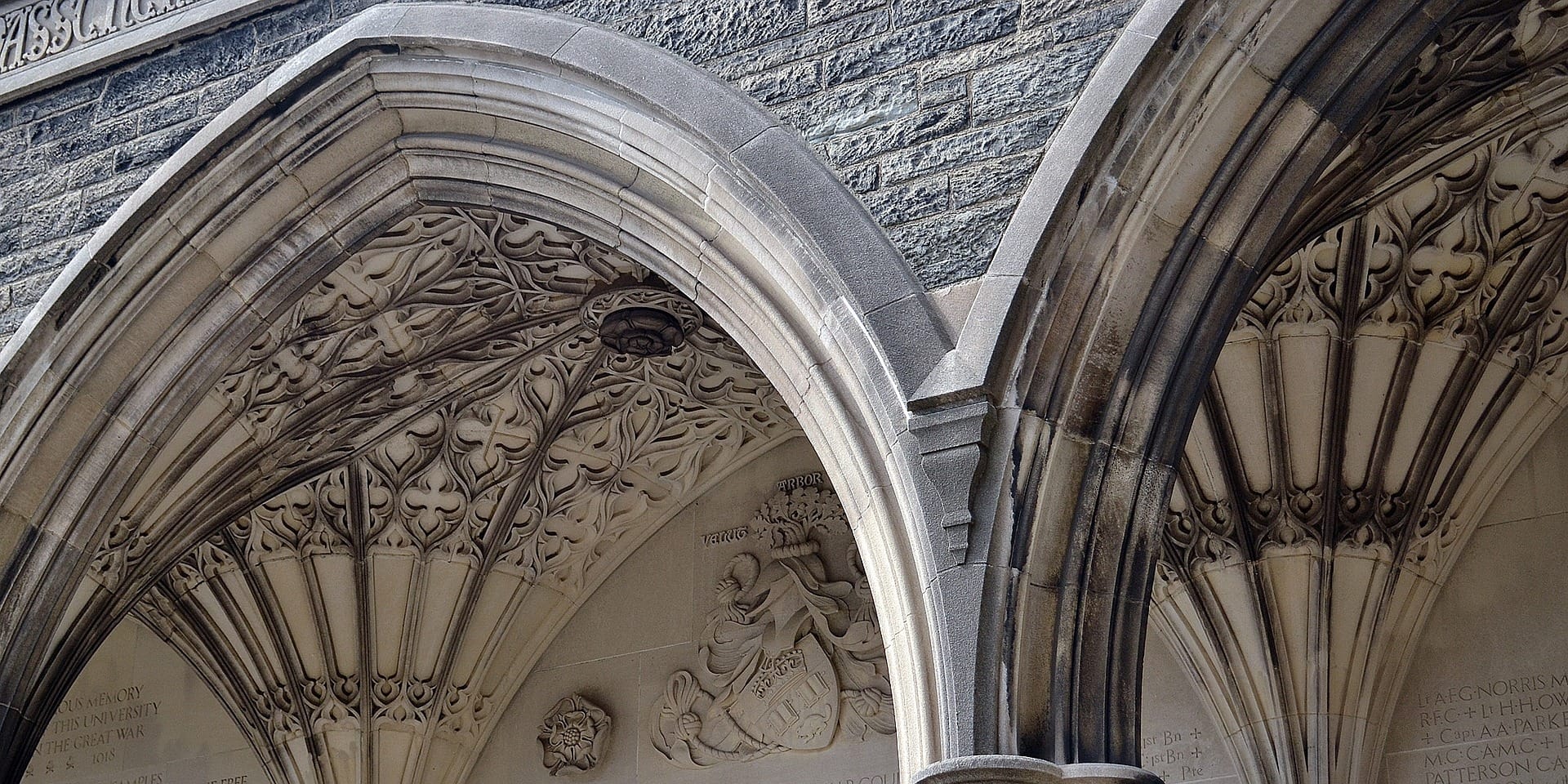Digest of Connecticut Appellate Court advance release opinions about trusts and estates, tax assessment, and…
Advance Release Opinions – October 13
Connecticut Appellate Court
The Appellate Court issued opinions in the areas of adverse possession (but not really), foreclosure, personal injury, and tax appeals.
Adverse Possession (but not really)
Zhang v. 56 Locust Road, LLC – Trial court quieted title to property plaintiffs obtained by adverse possession but gave the defendant an easement by necessity over a portion. Appellate Court affirmed saying, “The trial court fully and accurately addressed the issues relevant to the parties’ appeals and, in its memorandum of decision, set forth a proper statement of both the facts and the applicable law. Any further discussion by this court would serve no useful purpose.”
Foreclosure
Bank of New York Mellon v. Mauro – Hohum. Even if borrowers’ affidavits created a fact issue as to their counterclaims, they did not create a fact issue as to any element of a prima facie foreclosure case or any special defense so as to preclude summary judgment as to liability on plaintiff’s claim in chief. And, the counterclaims were properly dismissed in any event because they failed the transaction test requiring that they be related to the making, validity or enforcement of the note.
Personal Injury
Smith v. Redding – Plaintiff was injured when he fell from a retaining wall built without a fence on top of it. He claimed that the wall was an absolute public nuisance. On appeal, he claimed that the trial court erred in failing to admit evidence under an exception to the rule against evidence subsequent remedial measures if such measures were not voluntary. Appellate Court declined to consider this claim because the record did not allow the Court to evaluate whether the ruling harmed plaintiff. Plaintiff also claimed that the trial court did not properly instruct the jury on the town’s zoning regulations. Appellate Court concluded plaintiff had failed to preserve this claim for appeal. Affirmed.
Tax Appeals
Faile v. Stratford – Two separate property owners appealed tax assessments on three properties. Same law firm represented both property owners. Pretrial order directed that the person with ultimate authority to settle must attend and bring the evidence intended to be submitted at trial. Property Owner One and Property Owner Two had agreed to a hardline settlement position not to exceed a certain fair market assessment. Since Property Owner One was unexpectedly hospitalized at time of pretrial, attorney from law firm and Property Owner Two attended. Attorney had Property Owner One’s authority to settle for the hardline settlement number. Attorney also had electronic copies of the evidence on his laptop, which was with him in the courtroom. Trial court entered nonsuits as to all three matters, finding noncompliance with the pretrial because (i) no one present had ultimate settlement authority because Property Owner Two was deferring to Property Owner One and attorney had authority only up the the hardline number; and (ii) evidence must be in hard copy, not electronic copies on a laptop. Appellate Court reversed as to Property Owner Two because he was present and nothing precluded him from taking a hardline settlement position, and nothing in the pretrial order required the evidence to be in hard copy. Appellate Court also reversed as to Property Owner One but for a different reason. Upon repeated questioning by the trial court, attorney eventually “conceded” that he did not have Property Owner One’s “ultimate authority” to settle because he could not go above the hardline number. Appellate Court concluded that it could not find ultimate authority in the face of that concession. But, the nonsuit was an abuse of discretion because Property Owner One was in the hospital and could not attend.


